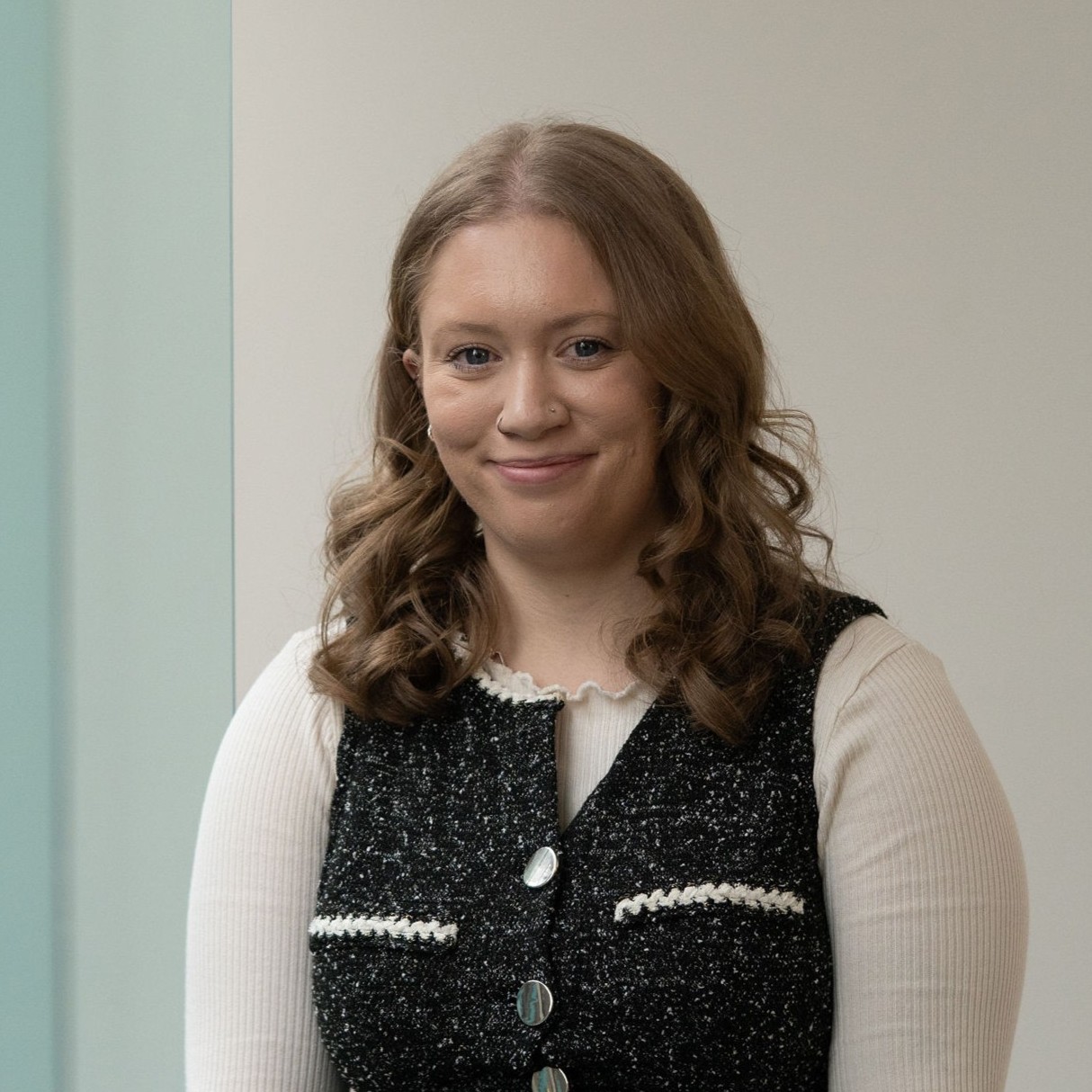Ending a civil partnership can be one of the most difficult and emotional experiences in life. At Wake Smith Solicitors, our experienced family law team offers clear, compassionate, and practical advice to help you navigate the dissolution process and move forward with confidence.
We understand that every couple’s circumstances are different, and our approach is always personal, supportive, and focused on achieving the best outcome for you. As part of our wider Family and Divorce Law services in Sheffield, we can guide you through every stage of the process — from starting your application to resolving financial and childcare arrangements.
How the Law Has Changed
Under the Divorce, Dissolution and Separation Act 2020, the process for ending a civil partnership is now very similar to divorce. The law introduced no-fault dissolution, removing the need to give reasons such as behaviour or separation periods.
This means you simply confirm that your civil partnership has irretrievably broken down — without attributing blame to either partner. The change is designed to make the process less confrontational and more focused on practical resolution.
The Dissolution Process
You can apply for a civil partnership dissolution either individually or jointly with your partner. Once the application is made, there is:
-
A minimum 20-week “reflection period” between the application and the conditional order (formerly known as the decree nisi).
-
A further six-week waiting period before you can apply for the final order (previously the decree absolute).
This timeline is intended to give couples time to consider reconciliation or to make arrangements regarding children, property, and finances before the dissolution is made final.
Our Civil Partnership Dissolution Services
Our team can advise and assist with:
-
Fixed-fee or pay-as-you-go dissolution options (costs are the same as for divorce)
-
Financial settlements, including property, pensions, and assets
-
Dissolution involving children and parental arrangements
-
Complex cases with high-net-worth assets or business interests
-
Collaborative dissolution and alternative dispute resolution
We’ve also prepared a practical guide and an easy-to-follow flow chart explaining the dissolution procedure to help you understand what to expect.
Financial and Child Arrangements
The financial and childcare aspects of dissolution are dealt with separately from the legal process that ends the partnership. Our experienced solicitors can help you negotiate fair financial settlements and create child arrangements that prioritise your family’s wellbeing.
Supportive and Cost-Effective Legal Guidance
We aim to make the process as smooth and straightforward as possible, handling every case with empathy and discretion while keeping costs and stress to a minimum. If you’re concerned about court fees, we can assess your income to see whether you may qualify for a reduction.
Speak to Our Civil Partnership Solicitors in Sheffield
We offer a free 30-minute initial appointment so you can discuss your circumstances and get clear advice on your next steps.
Complete the Contact Us form below to arrange a call back. or call 0114 266 6660 to arrange your consultation today.
FAQs
Can I rely on adultery to end/dissolve my civil partnership?
No. Under the current no-fault rules you don’t need to give a reason at all — you simply state that the partnership has irretrievably broken down. Infidelity generally doesn’t affect the legal test, though very serious conduct can occasionally be relevant to costs or specific financial issues.
Is the procedure for dissolution of a civil partnership the same as a divorce?
Largely yes. Both follow the same no-fault process, allow sole or joint applications, and use the same stages — application → conditional order → final order — with the same minimum timeframes (20 weeks + 6 weeks). The main difference is simply what the order ends: a marriage (divorce) vs a civil partnership (dissolution).
Can I get a quickie civil partnership dissolution?
There’s no true “quickie” option. The law builds in a minimum 20-week reflection period from application to conditional order, then a further 6 weeks before you can apply for the final order. Real-world timing also depends on court processing and whether there are disputes about children or finances.





